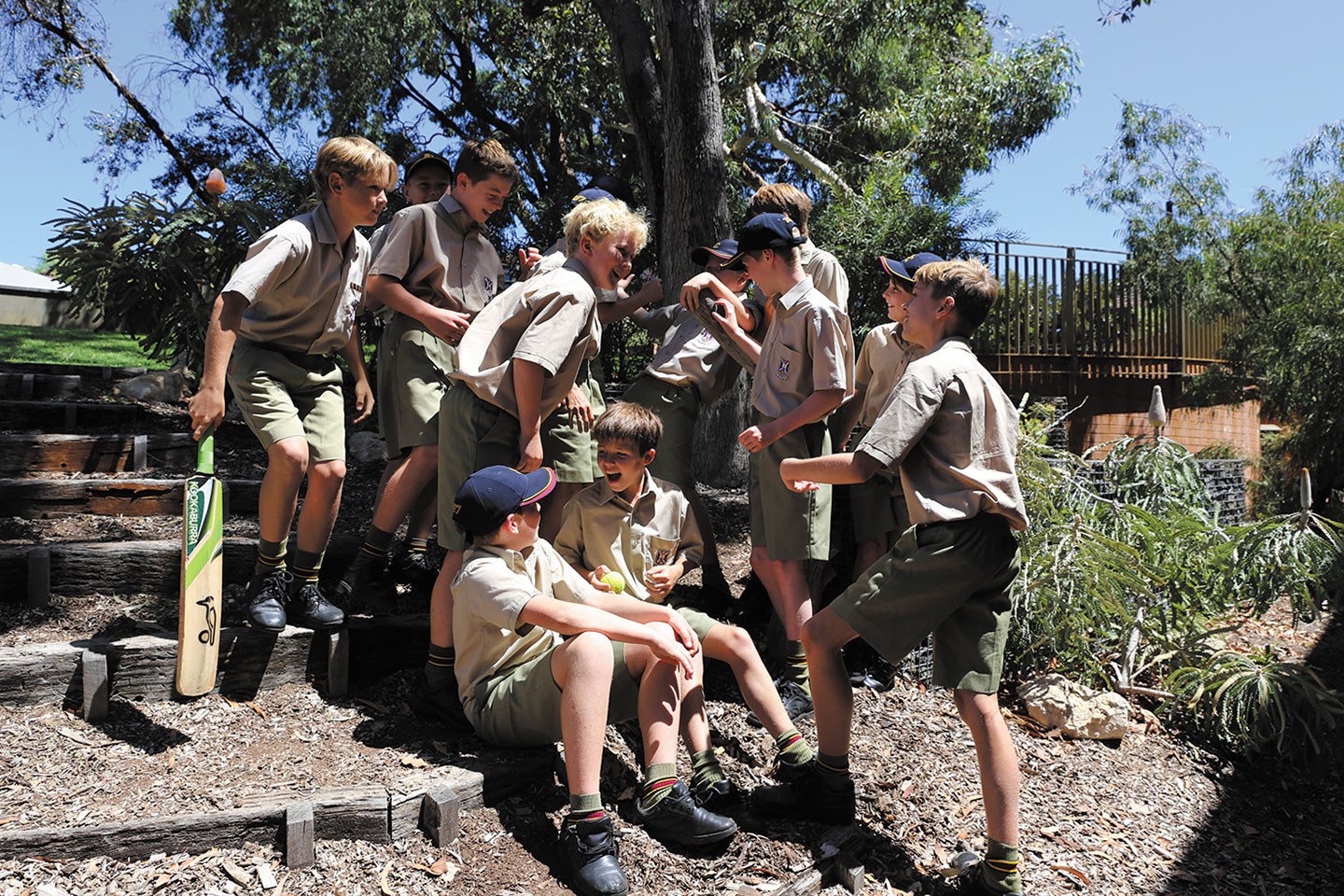

Research shows that the middle years, commonly defined as ages eight to 14, are critical to a young person’s cognitive and emotional development.
Today, the significance of this period for learning – and learning good habits – is seen as vital for everything from developing independence, grit, curiosity, personality traits and study habits to making decisions about future post-secondary education.
“The middle grades are the last best chance that we have to get students on the right path toward academic and career success,” writes Sandy Kress, a top United States Government education official who was a key player in the development of the Middle School Matters platform.
Amongst a sea of support for the justification of middle school is extensive research about how important – and different – the middle school student’s brain and emotional underpinnings are – and how important their education is.
While the “middle years” were once considered a latent period of development, they are now understood to be a rapid phase of neurological growth and social development, according to research by the Murdoch Children’s Research Institute’s The Centre for Adolescent Health.
Poor rates of learning in the mid-primary years are a predictor of disengagement later in school. Students who are making the least progress in their learning during this period are almost twice as likely to be disengaged from school compared with students making the most progress by Year 7, regardless of their academic level in Year 3.
I am a staunch advocate for the existence of intentional middle schooling.
Middle school cannot simply be the renaming of a set of buildings if pedagogical and pastoral programs and approaches historically utilised in either a high school or primary school setting continue on, without reflection or the development of a middle school–specific curriculum.
It is such a critical time for learning, and we can craft learning environments and experiences that respond to this important phase of development.
Middle School is a period of transition: from boy to adolescent, from dependence towards independence, from being extrinsically motivated to intrinsically motivated.
At Scotch College, we have the opportunity to help our students develop a strong sense of self and their own metacognition, all in a safe and nurturing environment with educators who specialise in working with boys of this age.
Developing any optimum environment requires careful reflection of best practice, analyising contemporary research and thoughtful deliberation of, in Scotch’s circumstances, “what is best for the boy”.
The structure of our Middle School from Years 6 to 8 – and roughly ages 10 to 14 – considers these variables and intentionally responds to create a progressive, internationally-minded learning environment that develops engaged and innovative learners.
To maximise the opportunity for broad growth in this critical stage of adolescence intentional middle schooling must not only provide real-life experiential learning that focuses on the development of character and intellect but must also ground ideas in active, engaging experiences.
We need to provide timely, qualitative feedback on students’ learning activities; encouraging them to generate their own content and promoting self-regulated learning.
As educators, we must select challenging tasks that require explanations, reasoning and problem-solving, while designing curricula, tasks and assessments in different contexts, media and practical applications.
As middle school educators, we pride ourselves on “knowing the boy” so that ultimately “the boy” may learn to know himself.
At Scotch, we also utilise the International Baccalaureate’s Middle Years Programme’s approaches to learning, attitudes and learner profile.
The International Baccalaureate is a globally recognised curriculum offered in more than 5,300 schools in 158 countries.
Scotch’s Director of Teaching and Learning Cara Fugill says the IB is a curriculum that provokes curiosity and a passion for learning.
“It is question-orientated with a focus on skill development and is steeped in current educational research,” Mrs Fugill said.
“The MYP has been designed for young people aged 11 to 14 years and is grounded in academic challenges and life skills, transcending traditional school subjects.”
Through their engagement with the MYP, our students develop independence, and communication and social skills – key skills for their future.
Learn more about Scotch College Middle School on a school tour at scotch.wa.edu.au.
Brad Gill is the Head of Middle School at Scotch College.








